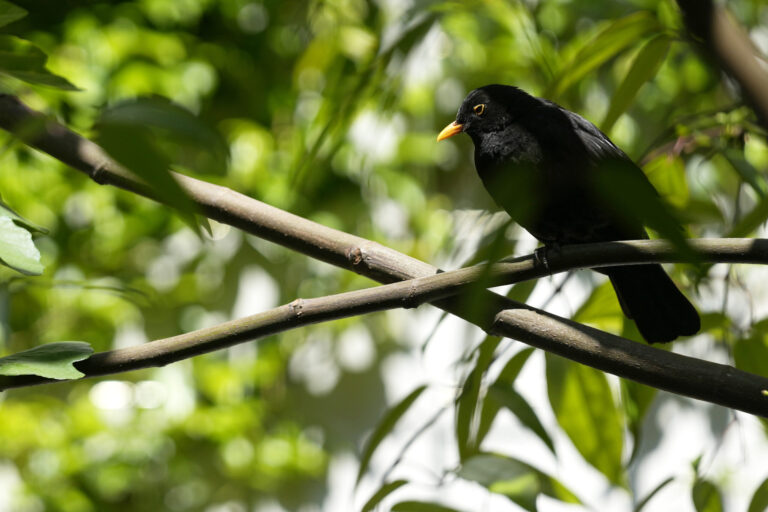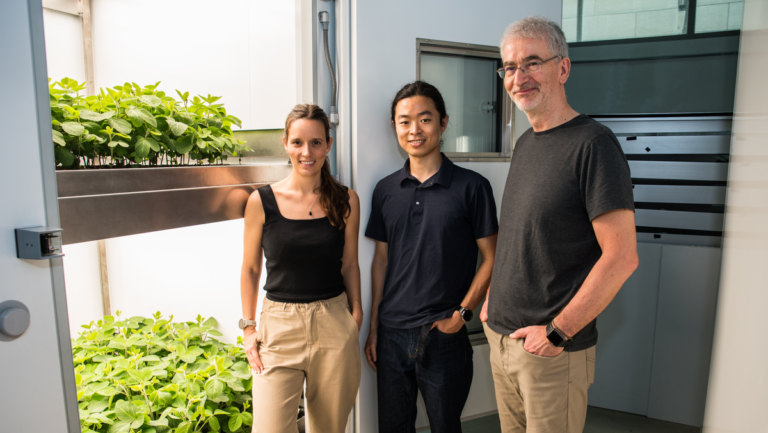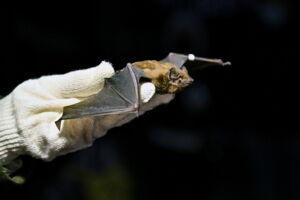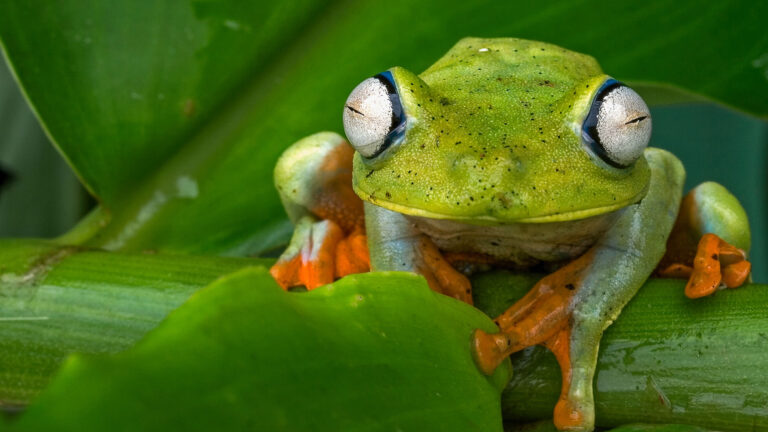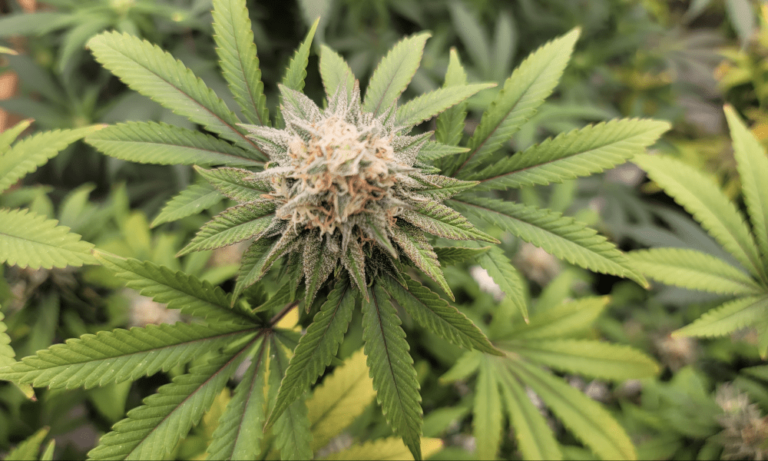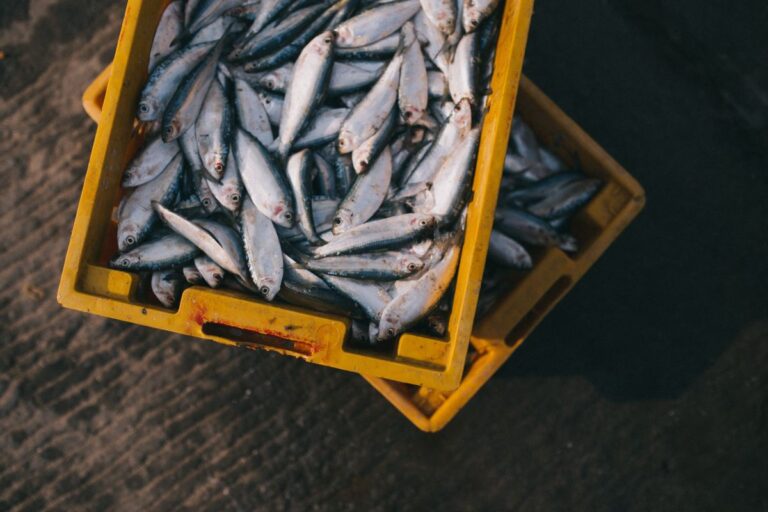Project dimming Canberra’s street lights shows 25 per cent reduction in light pollution
Looking up at the thousands of street lights that illuminate our cities, former town planner and designer Danny Bettay has always asked one simple question: “Do we really need this, or is this overkill?”. “Historically, street lights were designed, indirectly for people, but designed for technologies, essentially for horse and carriage,” Mr Bettay said. “And…



